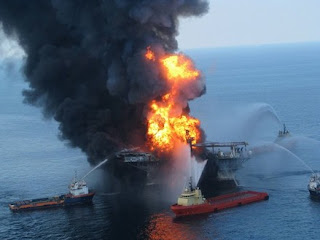The cost of borrowing for Italy's government has touched a new eurozone record of 6.29% in its latest bond auction. It is alarming situation for Italy.
The news came as the yield on traded Spanish government bonds increased above 6% for the first time since August.
And official figures from Eurostat look eurozone industrial production for September decrease 2% from August.
European markets touched with uncertainty to the news, with the FTSE closing nearly 0.5% decrease on the day.
Frankfurt's Dax index ended 1.2% down, while the Cac-40 index in Paris lost 1.3%. In New York, the Dow Jones fell 0.5% in morning trade.
Investors are in wait to see if Italy can form a new government under the leadership of economist Mario Monti.
Italy sold 3bn euros ($4.2bn, £2.6bn) of 5-year bonds at a 6.29% yield on Monday.
Spanish debt is trading at its highest level since the European Central Bank intervened to decrease the cost of borrowing in August.
A high yield directs investors may not have confidence in the government to fully repay its debts.
The yield on existing Italian debt, traded in the market, topped 7% last week before falling back, after parliament passed new austerity measures and Prime Minister Berlusconi resigned.
High interest rates - or yields - become a main problem for the government if it is forced to pay them when it issues new debt.
Now Italy is paying 6.29% rate on new debt since 1997.
It compares with a rate of 5.32% at a similar auction in October.
Spain did not issue any debt on Monday but its government will be concerned by the increasing
Around 200bn euros worth of Italian debt will need to be refinanced by April next year.









































